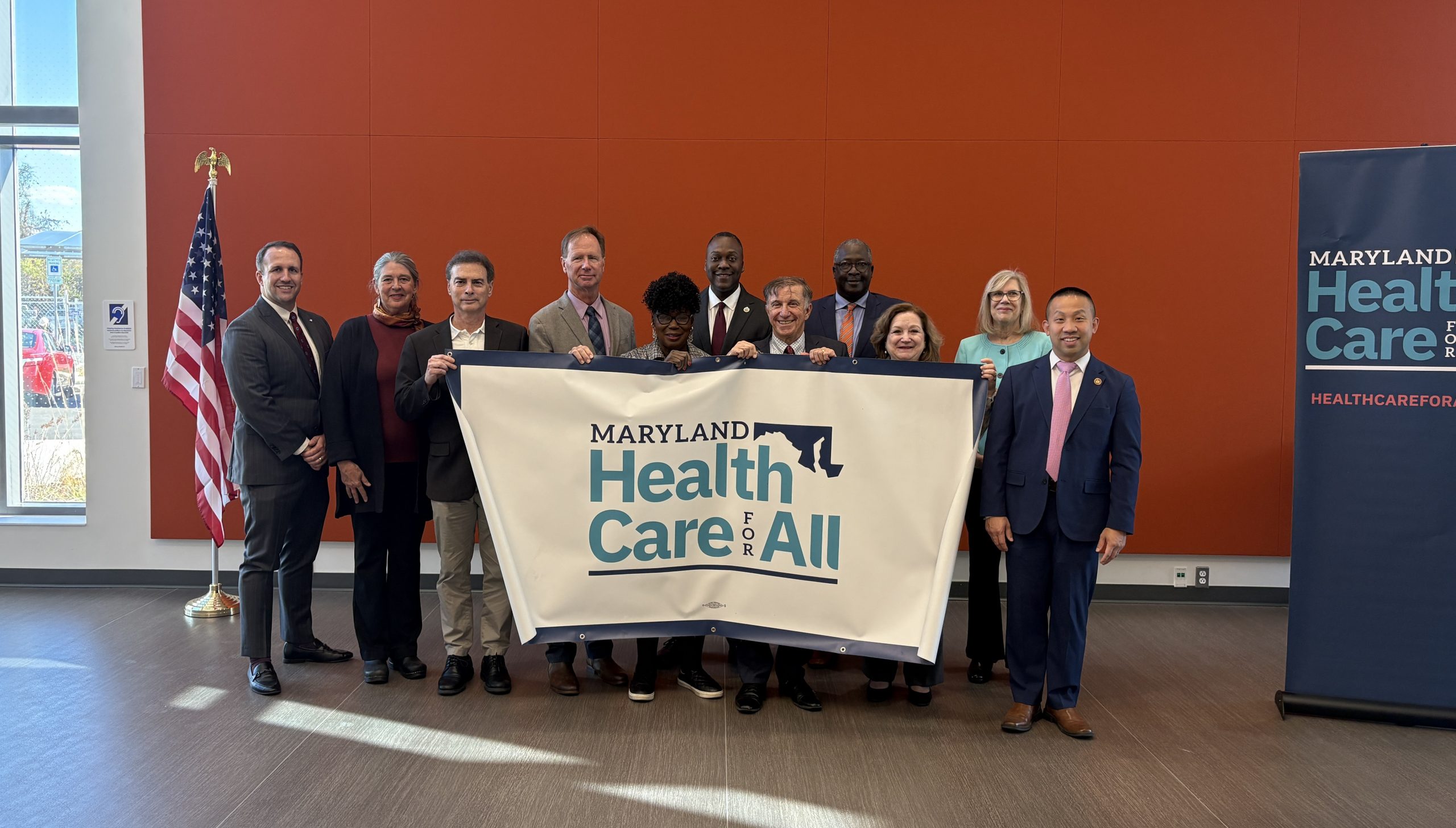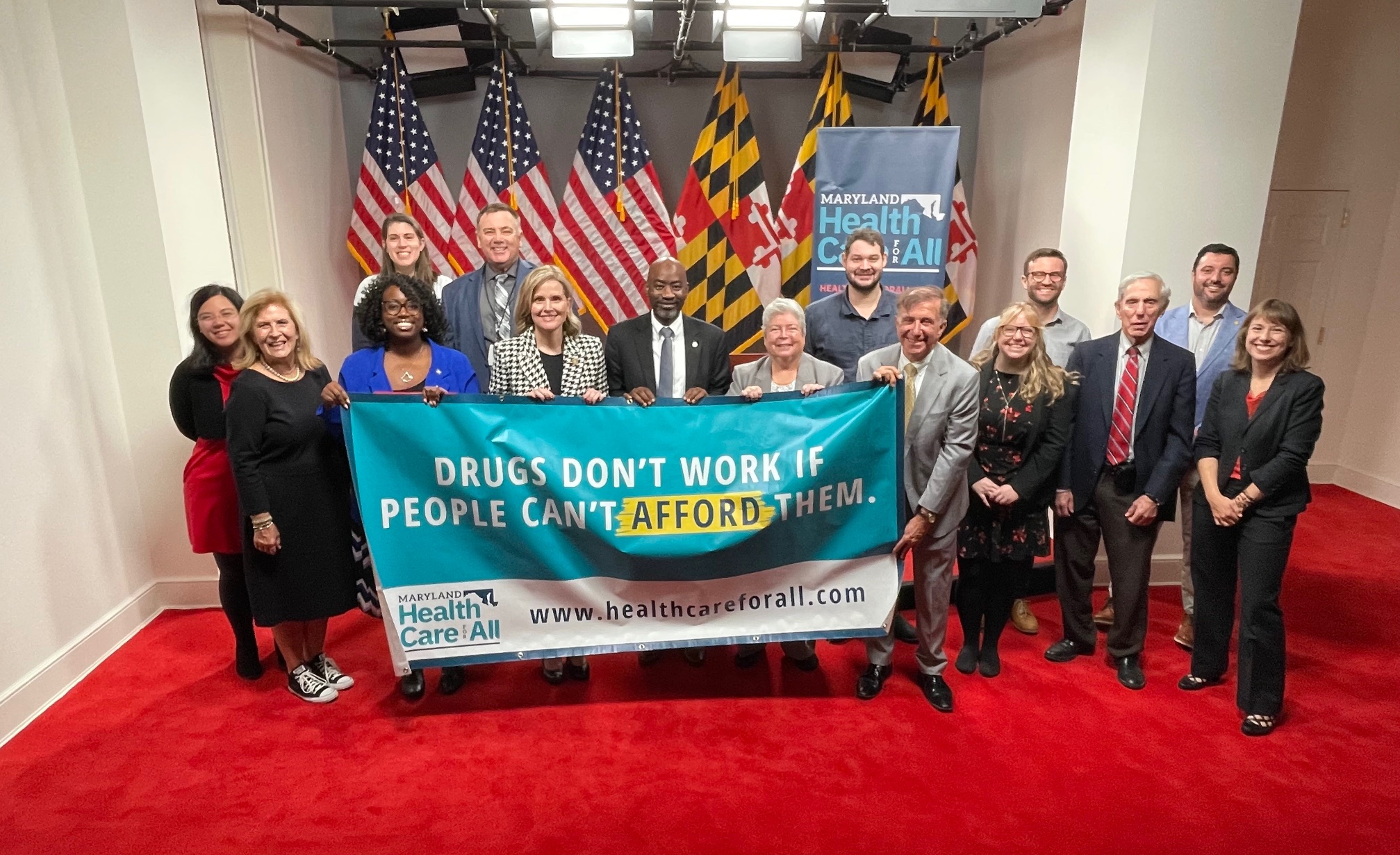Baltimore Sun
May 4, 2017
John Fritze and Meredith Cohn
House Republicans narrowly approved legislation Thursday to overhaul Obamacare, overcoming internal divisions to hand President Donald Trump his first major legislative victory even as the bill’s prospects remained uncertain.
The legislation, the culmination of weeks of touch-and-go negotiations after past failed efforts, was universally opposed by Democrats, who taunted Republicans by singing “nah nah nah nah, hey hey hey, goodbye” on the House floor — suggesting voters would punish the GOP in next year’s midterm elections.
But Republicans were exuberant and appeared relieved to have finally pushed forward legislation after years of promising to repeal Obamacare. Though the measure is expected to face a far more difficult path in the Senate, Republicans nevertheless gathered in the Rose Garden for a celebratory appearance with the president shortly after the vote.
“This is a great plan,” said Trump, adding that he is confident the legislation will win Senate approval. “This has brought the Republican Party together.”
The measure passed the House 217-213, with all the Democrats joining 20 Republicans to oppose it. Rep. Andy Harris, an anesthesiologist, member of the conservative House Freedom Caucus and Maryland’s only Republican in Congress, supported it.
“This bill delivers on a lot of the promises we made,” the Baltimore County Republican said. “I think there’s a chance that the Senate looks at it, looks at the improvements we’ve made and decides that it’s basically a pretty good bill.” Yet several centrist Senate Republicans already have voiced apprehension with the legislation . Because the GOP has a 52-48 majority, it can afford to lose only two votes.
The House legislation would end tax penalties for people who don’t buy coverage, make cuts to the Medicaid program for low-income patients and allow states to decline to mandate certain coverage requirements. States could opt out of the Obamacare provision that prohibits insurers from charging more for pre-existing conditions, for instance.
Supporters say those policies would drive down premiums in the individual market, where costs continue to soar, making it more affordable for customers and more lucrative for insurance companies — some of which have pulled out of the health insurance marketplaces created under Obamacare.
But Democrats say those measures would eliminate protections for millions of poor people and those with cancer, diabetes and other chronic conditions, making their insurance less accessible and affordable.
“The bill’s going to have a much more difficult path in the Senate for sure, but once there’s a piece of legislation on the move you’ve got to be very vigilant and have to make sure the public understands what’s at stake here,” said Democratic Rep. John Sarbanes of Baltimore County, a member of the House Energy and Commerce Committee.
“I think people are highly sensitized already to the damage that this repeal would do and so we start in a good place in terms of being able to carry that message to our constituents,” Sarbanes added.
If approved, the legislation would pose immediate questions for Maryland and Republican Gov. Larry Hogan. To begin with, the state could lose up to $2 billion in funding for its expanded Medicaid program. Maryland is unlikely to be able to fill that gap with state money.
State officials would also have to decide whether to continue protections for patients included in Obamacare.
A spokeswoman for Hogan did not respond to a request for comment.
The Affordable Care Act, which was approved with no Republican support in 2010, has nearly cut in half the number of people without health insurance in Maryland, reducing the uninsured rate to 6.6 percent in 2015 from 11.3 percent five years ago. About 150,000 people gained private coverage through the online insurance marketplace created by the law and more than 290,000 joined Medicaid, the expanded federal-state health program for the poor.
“We think the Trump-Ryan bill would be a disaster for millions of Americans and hundreds of thousands of Marylanders,” said Vincent DeMarco, president of Maryland Citizens’ Health Initiative, ahead of the House vote.
DeMarco and others said they are concerned about those with pre-existing conditions who could be forced back into expensive high-risk pools once run in Maryland and those on Medicaid who could face reductions in benefits or even exclusion. The legislation relies on those high-risk pools to cover people who could no longer afford insurance in the market.
The legislation also met with strong reaction from some public health officials, including Baltimore City Health Commissioner Dr. Leana Wen, who said the measure would “endanger millions of Americans, who will lose coverage for life-saving services.
“Millions more — including seniors — will no longer be able to pay for health care,” Wen added.
Passage in the House represented a political win for Republican leaders who had to cancel a vote on the measure in March after failing to rally enough votes. As the bill’s architects tweaked provisions to satisfy conservatives, they frequently wound up losing centrists who were concerned that constituents would punish them for ending popular protections.
The nonpartisan Congressional Budget Office estimated in March that an earlier version of the legislation would end coverage for 24 million people. The White House and some lawmakers disputed those numbers, but did not provide their own estimates. A similar analysis for the latest House bill was not finished when the House voted Thursday.
GOP leaders appeared to secure a majority of their caucus only after adding $8 billion over five years to help pay for the high-risk pools, money that would come on top of $130 billion already set aside. The pools would accept people whose illnesses make insurance unaffordable. In turn, Republicans say, that would drive down premiums for more healthy people who are less likely to file claims.
But some experts are concerned that money will not come close to addressing the need for people who are sick with chronic conditions and cannot obtain coverage.
“This was not a free vote — it will come with a price,” warned Rep. Steny Hoyer, the Southern Maryland lawmaker and No. 2 Democrat in the House. “Now it is up to the Senate to protect our country against the harm this legislation would unleash.”
Last modified: May 9, 2017




